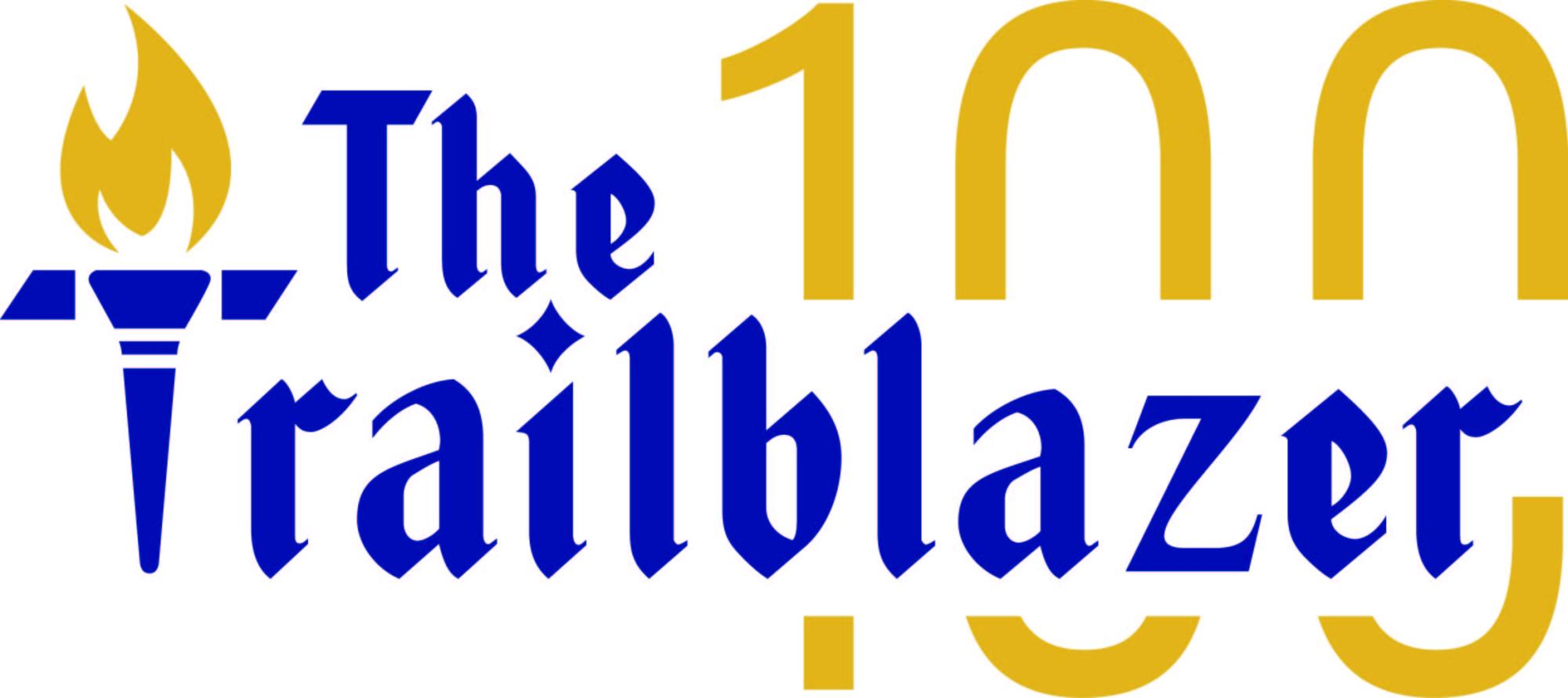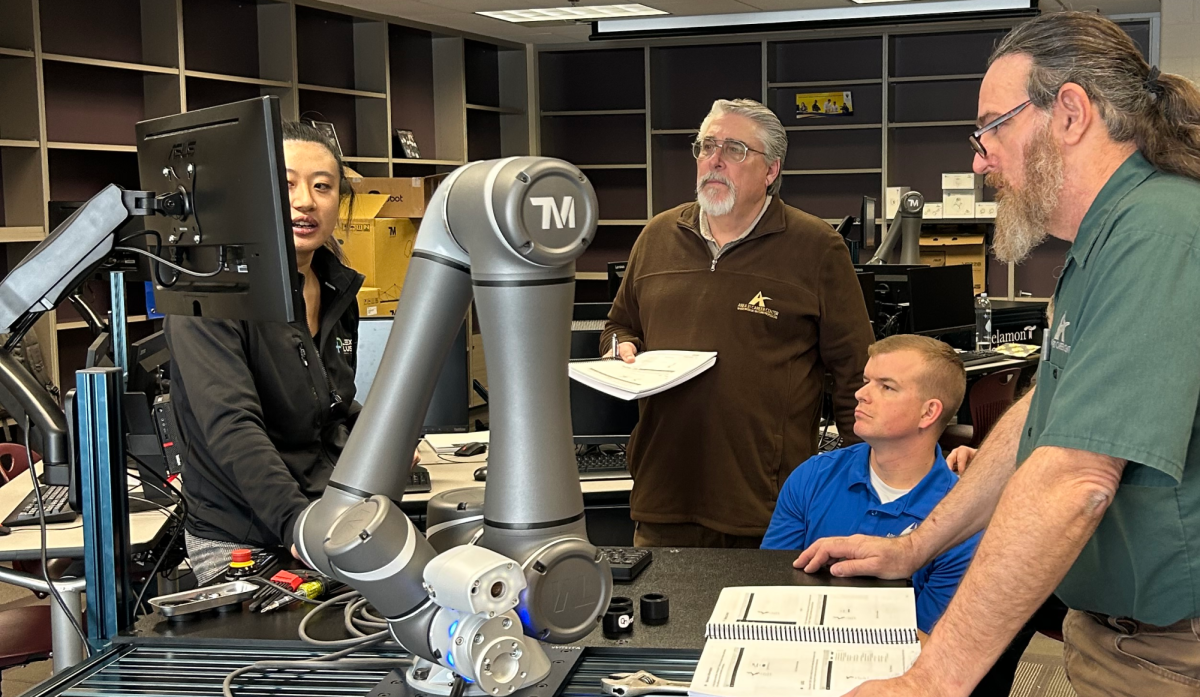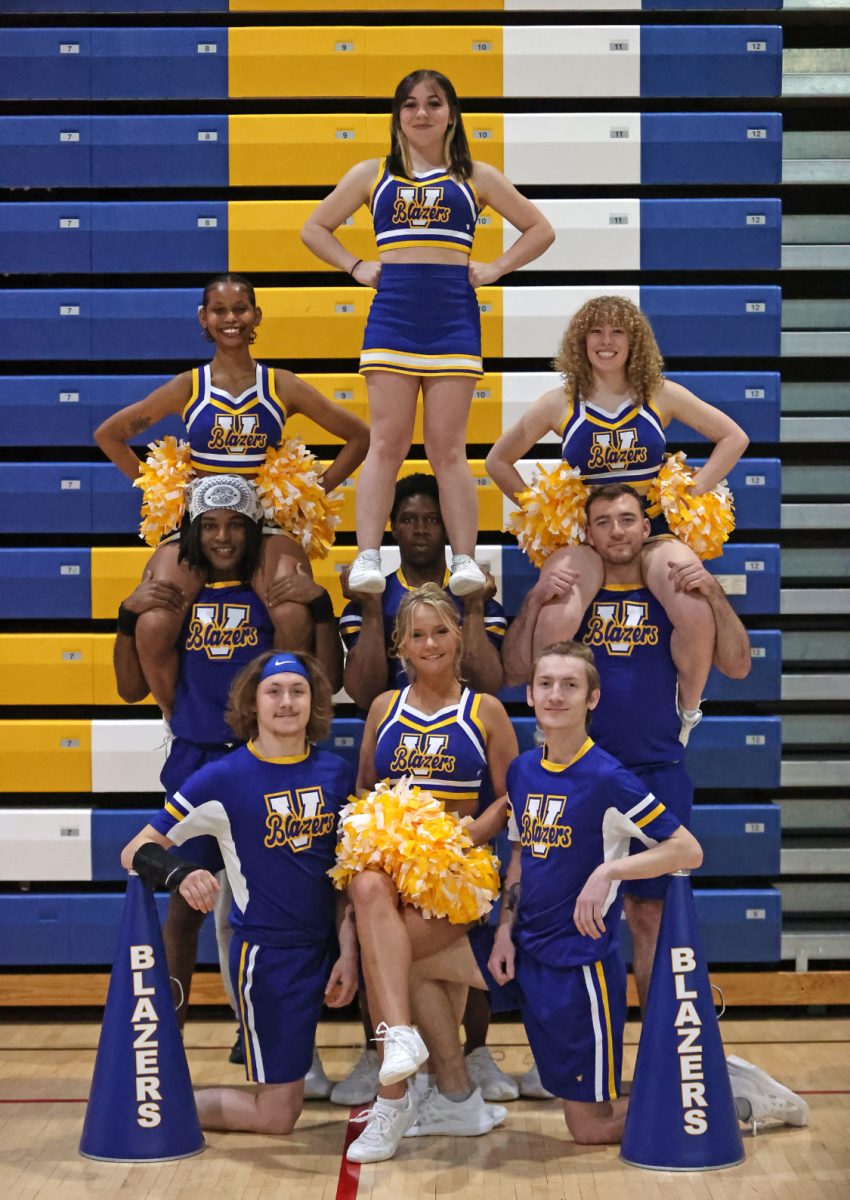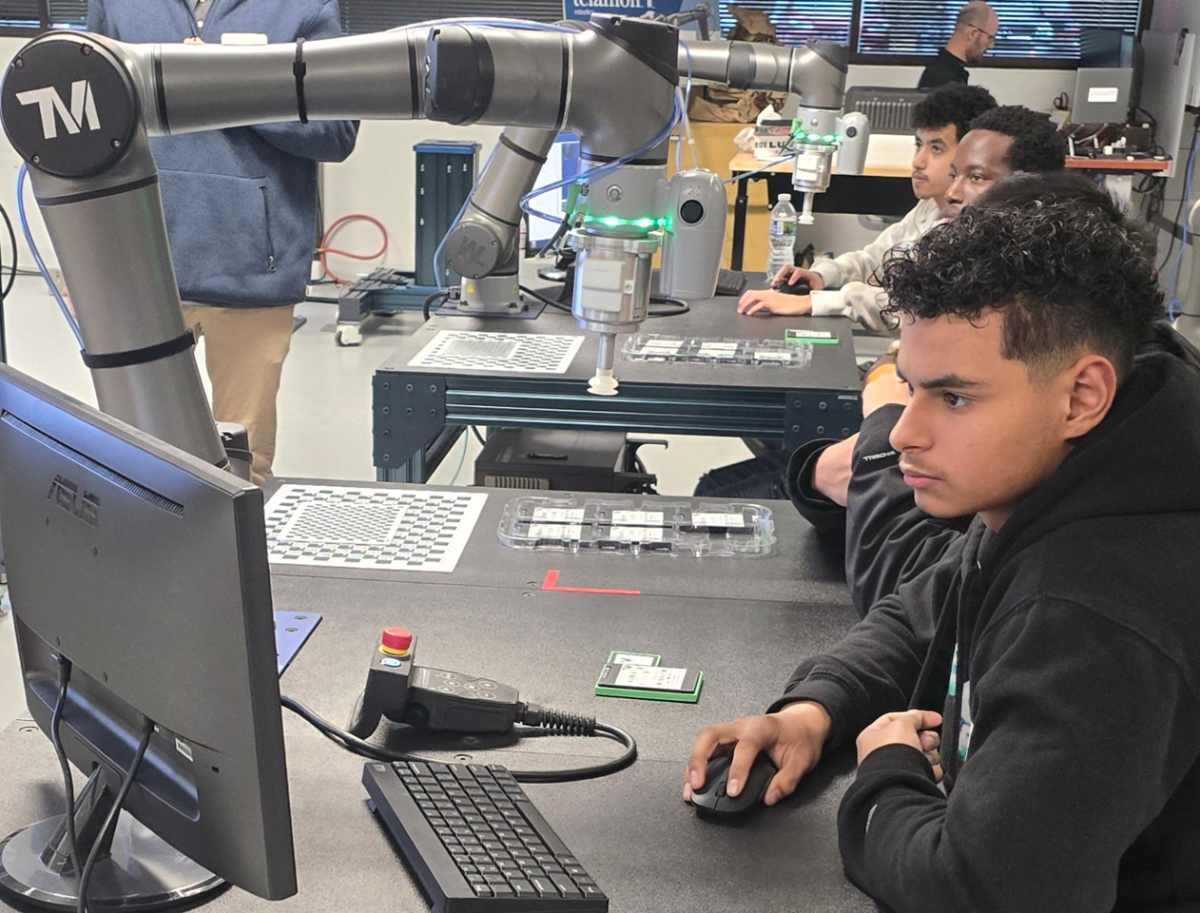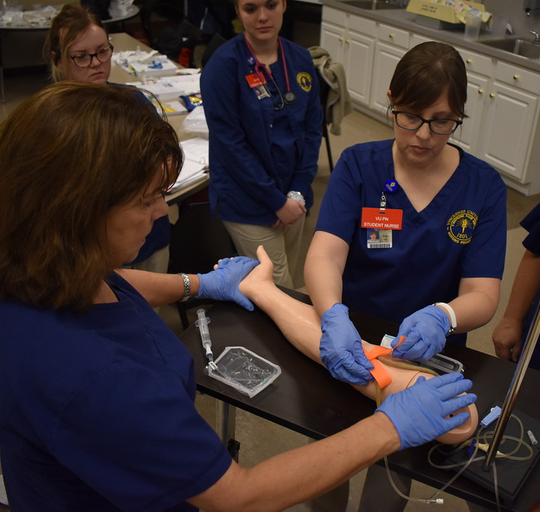The Vincennes University Center for Applied Robotics and Automation has taken a significant leap into the future of education and technology by deploying 12 collaborative robots across eight Early College career centers in Indiana.
These cobots mark the beginning of an initiative to bring more Industry 4.0 technologies to high school students in Indiana. The Area 31 Career Center in Indianapolis received three cobots from the CARA in mid-January, and CARA Technical Advisor Morgan Chang trained five instructors and staff. Cobots are being used immediately in the classroom and were featured in a showcase during an open house on Jan. 25.
VU leads the largest cobot educational project in the United States with the support of a Lilly Endowment Inc. grant and in partnership with Telamon Robotics.
By introducing such advanced tools at Early College career centers, the CARA is not only enhancing the learning experience but is preparing students for the evolving demands of the modern workforce.
CARA Director Kimberly Wright said, “Empowering the next generation with Industry 4.0 technologies is not just a choice. It is a necessity. The deployment of 12 cobots at Early College Career Centers throughout the state is a visionary step towards preparing students for a future where innovation and automation go hand in hand. By embracing these technologies, we are bridging the gap between education and industry and cultivating a workforce that thrives in the high-tech era, ensuring a brighter and more competitive Indiana.”
VU’s innovative initiative marks a milestone in integrating cutting-edge automation into the learning environment, offering students hands-on experience with the latest technology. Cobots work alongside humans and provide a unique opportunity for students to develop essential skills in robotics and automation.
According to a recent survey report by Conexus Indiana and the Indiana University Kelley School of Business, 51 percent of Indiana manufacturers expect to adopt cobots in the next five years.
“The integration of this technology into our curriculum and programs presents a fantastic opportunity for our students to gain hands-on experience with these state-of-the-art cobots,” VU Early College Site Director at Area 31 Maria Srnka said. “Furthermore, utilizing these cobots in outreach activities will undoubtedly play a crucial role in attracting more students to pursue STEM pathways. We extend a huge thank you to everyone involved in making this initiative a reality.”
VU’s forward-thinking approach reflects the University’s commitment to fostering a dynamic educational environment that aligns with industry trends and equips students with the skills needed for success in a rapidly changing world.
